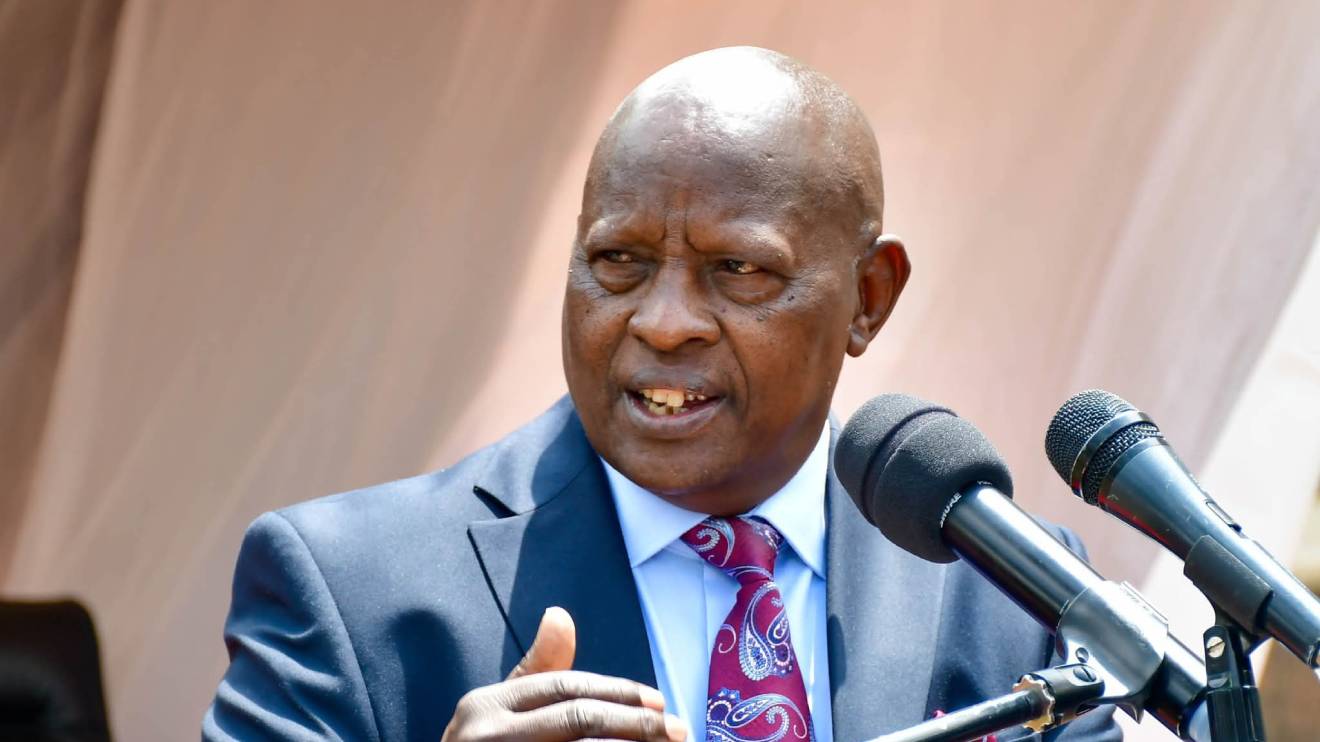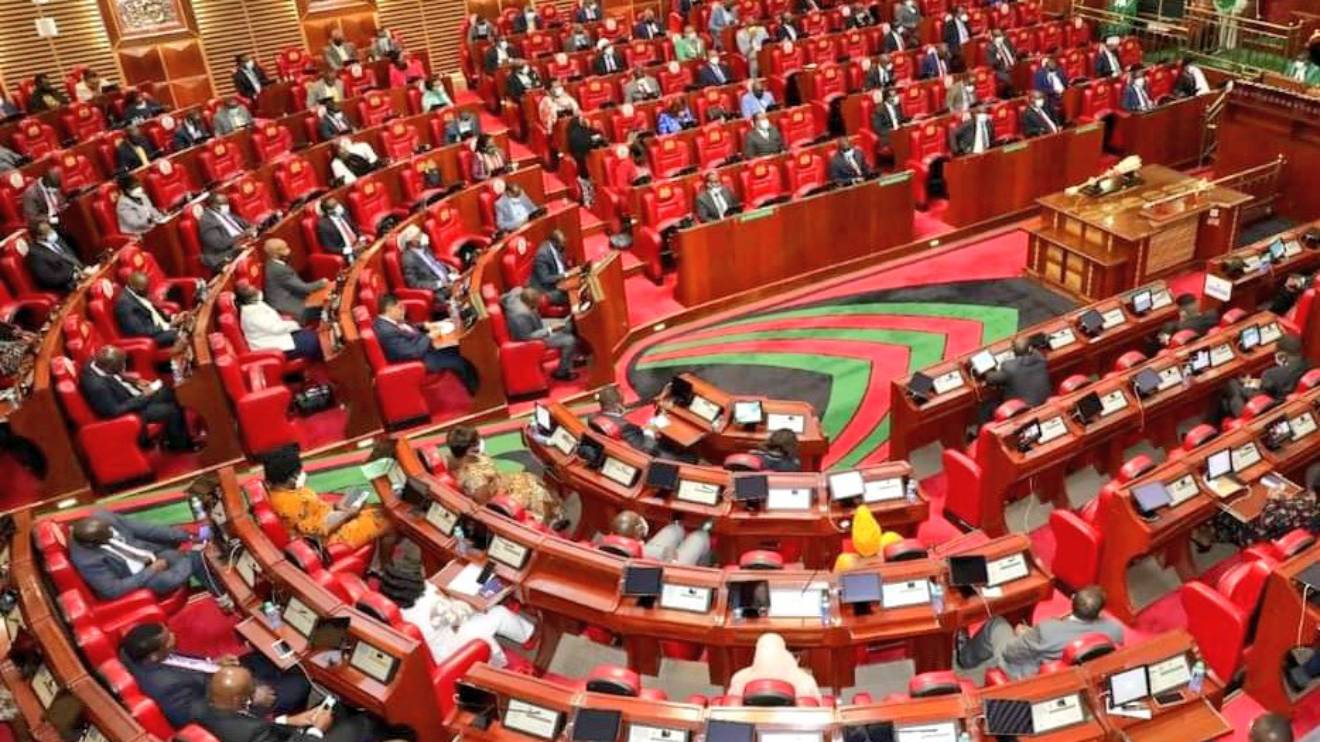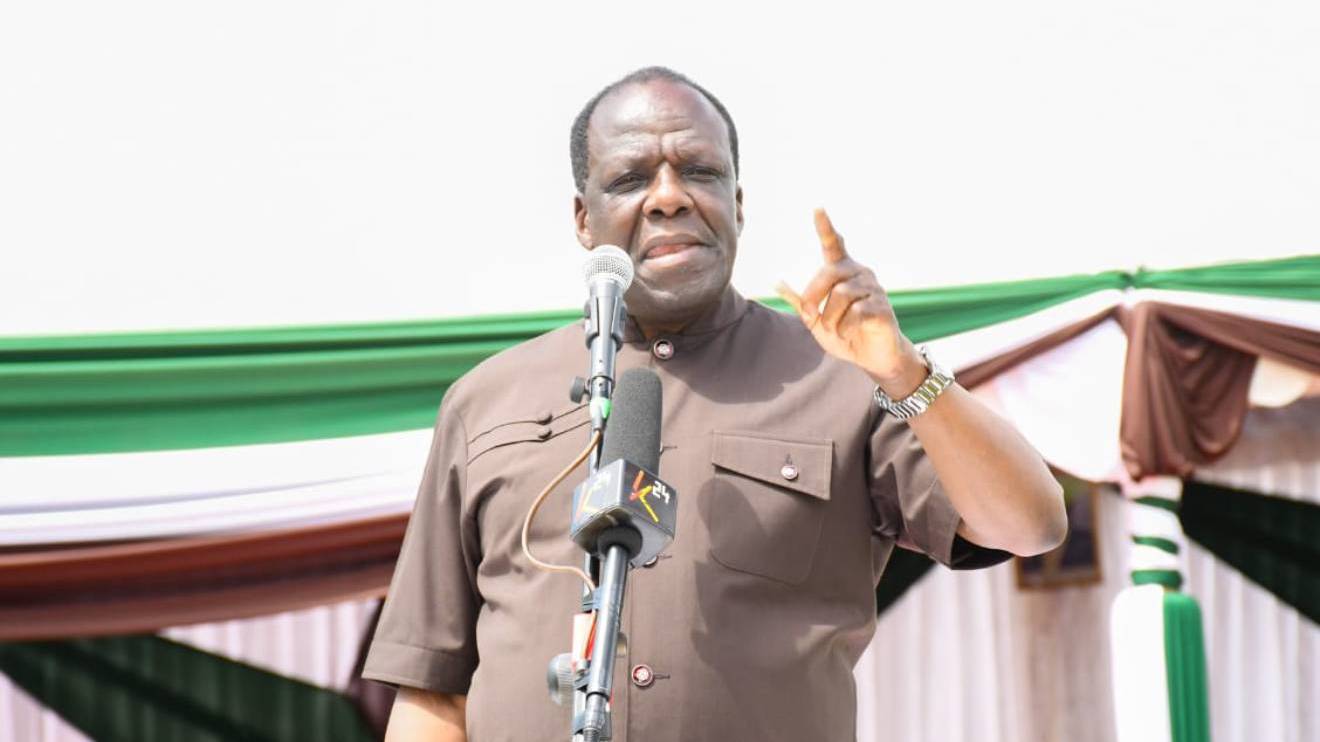Kenya’s salaried workers have found fresh backing in the corridors of justice after the High Court ruled that the government’s 2.75 per cent deduction on gross pay towards the Social Health Insurance Fund (SHIF) amounts to double taxation and is, therefore, unlawful.
Justice Chacha Mwita, in his decision, pointed out that the law permits only income tax to be deducted from gross income, making any further deductions illegal.
“There can be no other gross income from which the person can again contribute 2.75 per cent to the Fund under SHIA and the regulations made thereunder," Mwita stated.
"Any subsequent or other statutory deduction(s) based on the person’s gross income after income tax, is undoubtedly double taxation, charge or levy because the same gross income will have been taxed more than once under the Income Tax Act and the regulations made under SHIA as contribution to the Fund.”
Although the judge found the deduction unlawful, he declined to issue any orders halting it, citing an ongoing appeal on the matter.
Read More
“By providing that a person contributes 2.75 per cent of his/her gross income to the Fund after paying income tax from the same gross income, the regulation introduces a negative element of taxation which is double taxation and would, as a result, make such a regulation unlawful,” he said.
The case had been filed by four doctors who argued that Kenyans were being forced to pay more for health cover, yet receiving less.
They also challenged the transfer of their personal data from the National Health Insurance Fund (NHIF) to the Social Health Authority (SHA) without consent.
“The fact that the Ministry single-sourced a consortium of Health Information System providers to handle health data under the Social Health Authority, one partner of whom is originally registered in a jurisdiction with a poor data privacy record, creates a real concern that safety of our personal data is not guaranteed,” the doctors stated.
They raised concerns about the involvement of Apeiro Limited, a company linked to India’s Adani Group, in managing the Universal Health Coverage system.
The firm leads a consortium that won a Sh104 billion contract to provide technology for the programme.
Dr Cherono Siele, one of the petitioners, told the court that she previously contributed Sh1,700 monthly to NHIF and that her employer also made payments to boost medical cover for civil servants.
She explained that this was enough for her family’s needs without further insurance. She added that under SHIF, her family would now be required to pay Sh21,000 per month.
“The benefits I would draw from this exaggerated contribution from SHIF are totally inadequate for myself, let alone my household,” Cherono said.
She also stated that SHIF would provide Sh43,000 cover per household annually, which was insufficient given that her family’s monthly medical expenses averaged Sh9,500.
“This new fund is being imposed on me because I would ordinarily not sign up to such a raw deal voluntarily. This imposition violates my rights to property and privacy. SHIF should not be mandatory,” she said.
Dr Clarence Eboso said she was concerned that her data had been moved to SHA without her approval.
"The fact that the first respondent is aware of their obligations, but still violates the rights of the data subjects, is concerning and suggests that their actions are not in good faith," Eboso said.
She added: "I have not signed any consent form allowing the Social Health Authority to process my personal data as required by the Data Protection Act."
The four petitioners sued the Social Health Authority and the Attorney General and included the Ministry of Health, NHIF, Federation of Kenya Employers, and Law Society of Kenya as interested parties.
They want the court to stop SHIF deductions and block the government from forcing them to join the scheme.
The government told the court that the case was overtaken by events since an appeal is already ongoing.
It also argued that SHIF is necessary to achieve universal health coverage and that a fair system has been set up to determine contributions from all Kenyans, whether employed or not.










